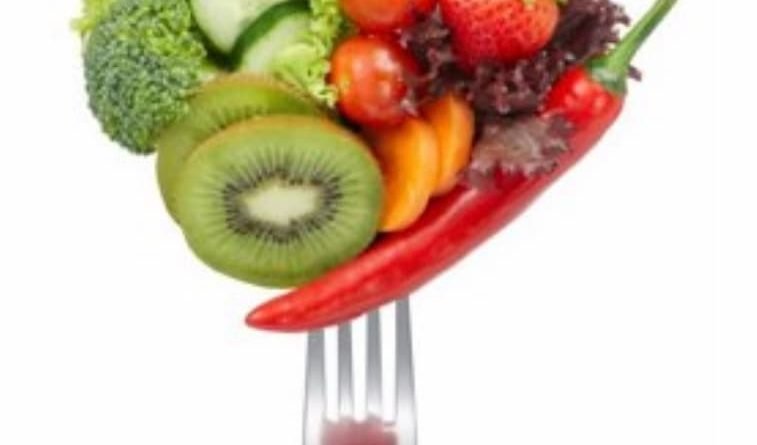Best Food Against Hair Loss
In this article, we will discuss the Best food against hair loss. Nutritional deficiencies in vitamins, trace elements, and minerals that make up the hair structure affect not only how our hair looks when there is an exaggerated deprivation of these nutrients, but the health of the hair can also be degraded to the point of causing it to fall out. That is why it is very important to eat well and, in the case of a diet, to know which of these elements we should not forget in our diet.
Best food against hair loss. Minerals such as sulfur, copper, iron, magnesium, silicon, iodine, and zinc, along with vitamins A, B6, and B12, proteins, biotin, and folic acid are the most typical nutrients that must be included if you want strong hair with a good appearance and healthy scalp. In addition, one must not forget to have adequate hydration, not only of the hair but of the entire body.
On the contrary, several foods should be dispensed with, such as excess fat and sausages, chocolate, ice cream, and abused fried foods. Alcohol and coffee are also enemies of a healthy diet.
In addition, it must be taken into account that stress causes a greater attraction to foods rich in sugar, such as carbohydrates, both sweet and salty, with high glycemic content, the excess of which also contributes to hair loss.
In the case of vitamins, low levels of consumption in all age groups and sex are not of risk except for vitamin D. However, for minerals, the risk of insufficient intake is greater in groups depending on the age.
7 Minerals And 5 Vitamins Against Hair Loss
Sulfur: found in white meats, liver, eggs, vegetables, fruits, and almonds. Strengthen weak and brittle hair, and favors the synthesis of keratin and collagen.
Copper: present in shellfish, spinach, and nuts. Its consumption synthesizes the melanin of the hair.
Iron: found in red meat, vegetables, and spinach. With its consumption, the oxygenation of the scalp and the pigmentation of the hair are achieved.
Magnesium: present in spinach, wheat, almonds, bananas, chestnuts, and dates. Its consumption helps in metabolic processes and activates enzymatic reactions important for hair health.
Mineral salts: found in spinach, whole wheat bread, cereals, and nuts. Its consumption guarantees the good quality and strength of the hair.
Selenium; can be acquired with the consumption of fish. Helps fight free radicals.
Zinc: present in shellfish, fish, and meat -preferably roasted-, eggs, brewer’s yeast, wheat germ, figs, asparagus, aubergines, and celery. It helps hair growth, stimulates cell reproduction and repair of hair tissue, and is very good for hair with a fine texture and dull.
Iodine: found in iodized salt. It can prevent possible diseases of the thyroid gland, such as hypothyroidism (which can generate rough, dry hair and cause hair loss).
Vitamin A: is found in eggs, liver, vegetables in general, milk, and olive oil. It strengthens the hair, stimulates its growth and helps regenerate tissues, such as the scalp, and is especially good for dry hair.
Vitamin A: has antioxidant properties and acts against skin aging. It is very important for the production of sebum, which lubricates the hair follicle and prevents problems such as dandruff, hair dehydration, or hair loss.
B complex vitamins (B6 and B12): in fish, beef and pork, liver, chicken, soy, eggs, legumes, nuts, whole grains (very important in insulin resistance, a hormone also related to baldness in males), brewer’s yeast (it is the natural nutrient that provides more B vitamins, a considerable amount of essential amino acids and other minerals, phosphorus among them).
Vitamin B: it is necessary to produce hemoglobin in the blood, essential to get oxygen from the lungs to the body’s tissues, including hair. A high level of hemoglobin must be maintained to prevent or cure hair loss. It is found in green beans, animal organ meats, brewer’s yeast, egg yolks, and whole grains.
Vitamin B3 (nicotinic acid): stimulates hair growth and increases blood circulation.
Vitamin B5 (panthenol): prevents hair loss and helps prevent loss of hair color.
Vitamin B6: it is important in preventing hair loss and produces melanin, which gives hair its color.
Vitamin B8 (biotin): its deficiency is one of the main causes of baldness. In addition, it intervenes in the production of keratin, which counts shine to the hair.
Vitamin B12: its deficiency can cause dryness of the hair, the appearance of gray hair, or a more abundant fall.
Vitamin C: it is the main nutrient for the production of collagen, an essential part of the hair fiber. Lack of this vitamin can cause hair to break and become weak. It is found in kiwi, citrus fruits, mango, strawberries, melon, green vegetables, and red peppers.
Vitamin E: tones the scalp and helps absorb oxygen, thereby increasing hair renewal and growth. It is found in nuts, eggs, vegetables (spinach and broccoli), soybeans, and wheat germ.
Vitamin D helps to absorb calcium and is essential for the health of the skin and, with it, of the nails and hair. It is found naturally, basically, in bluefish.
Visit the rest of the site for more interesting and useful articles.

